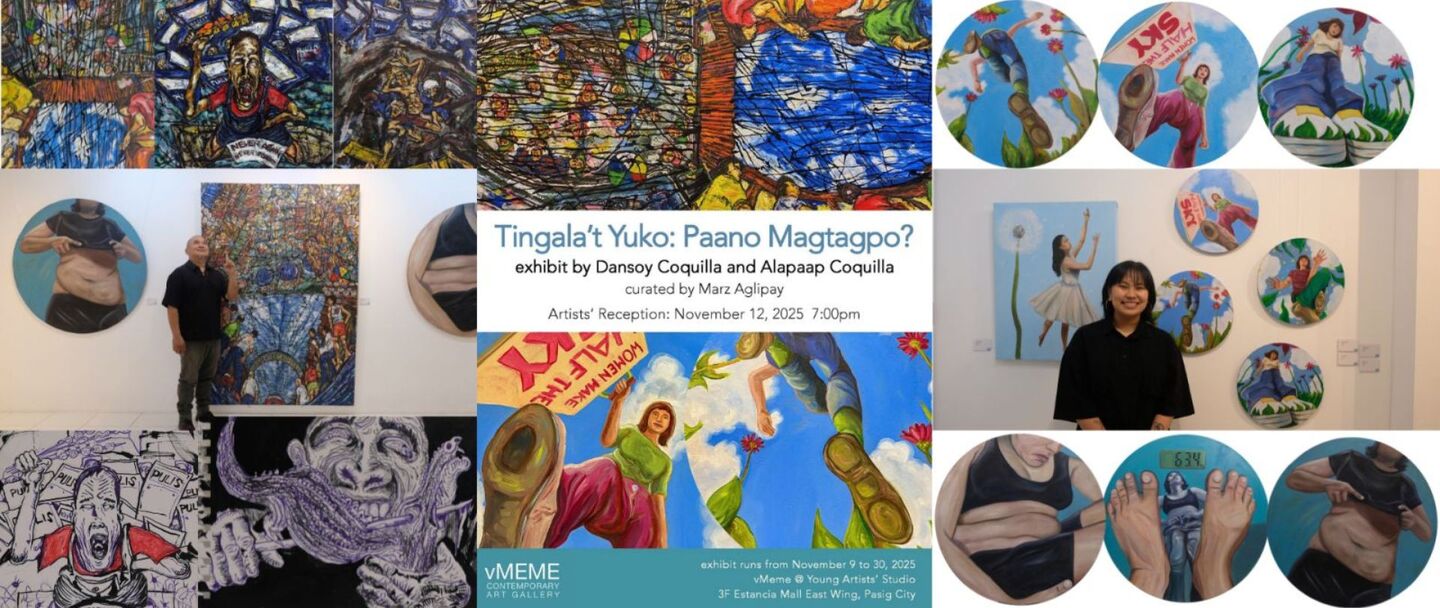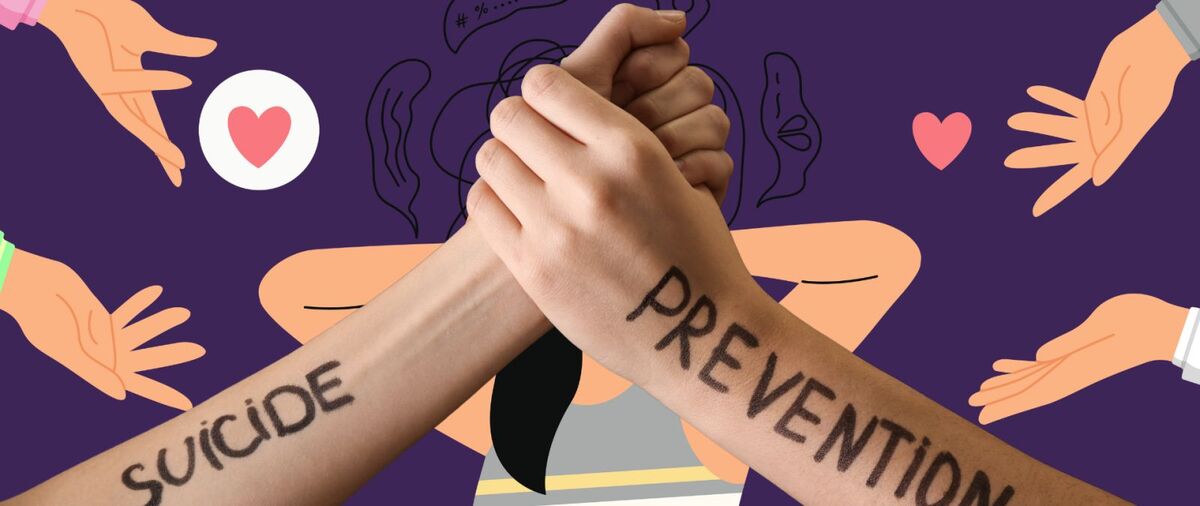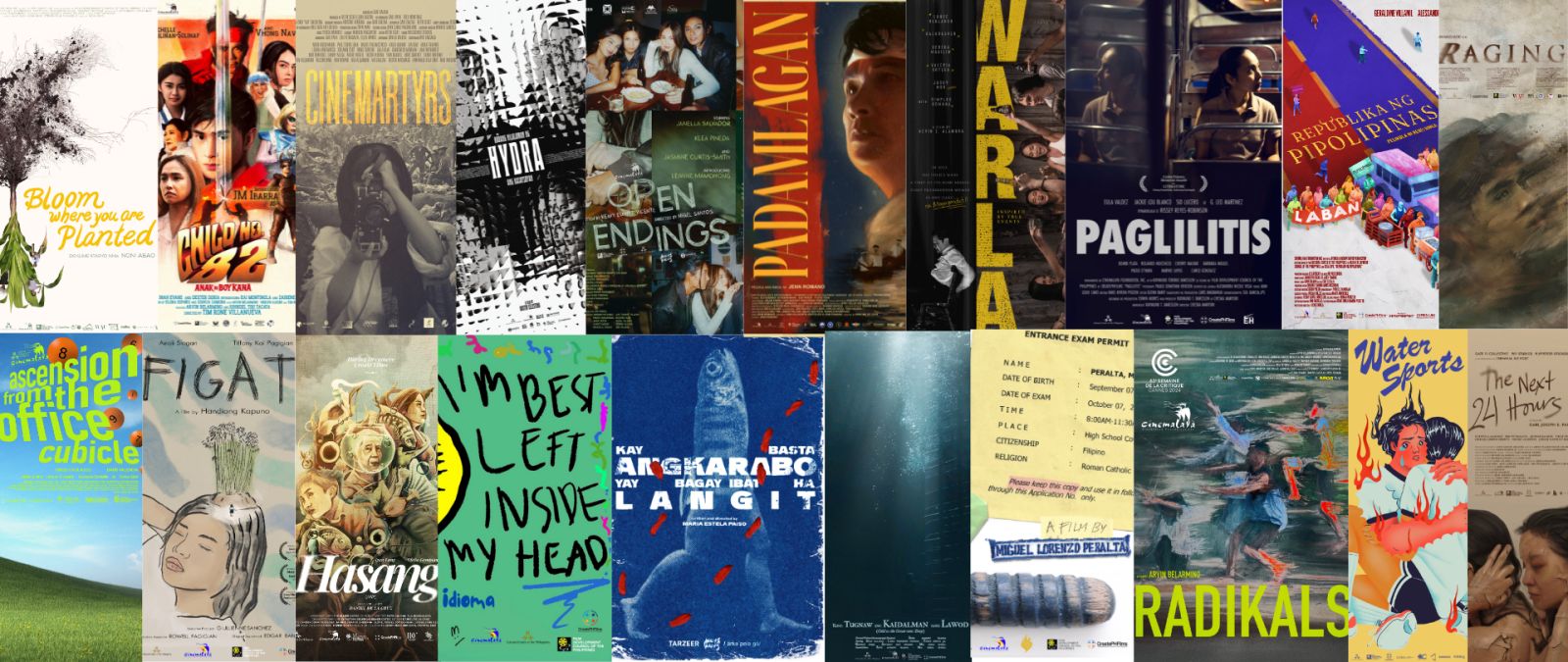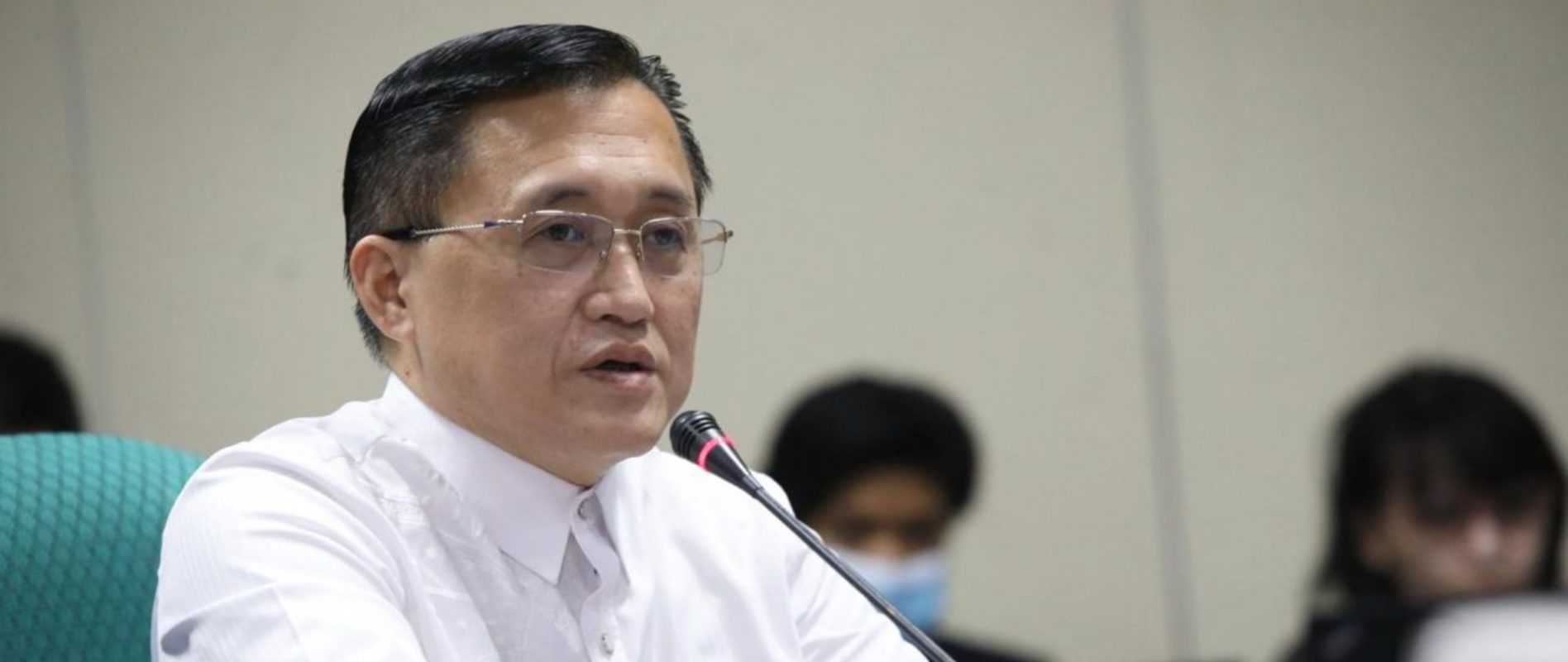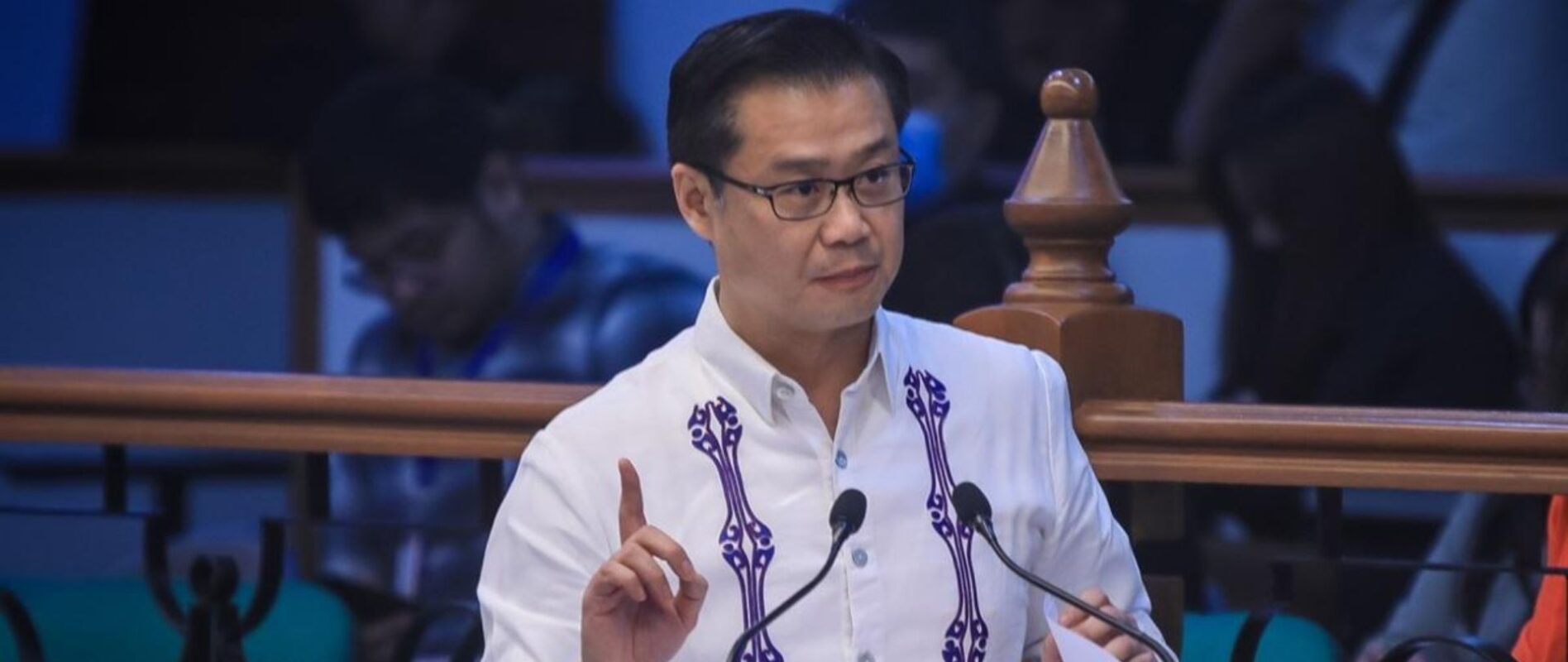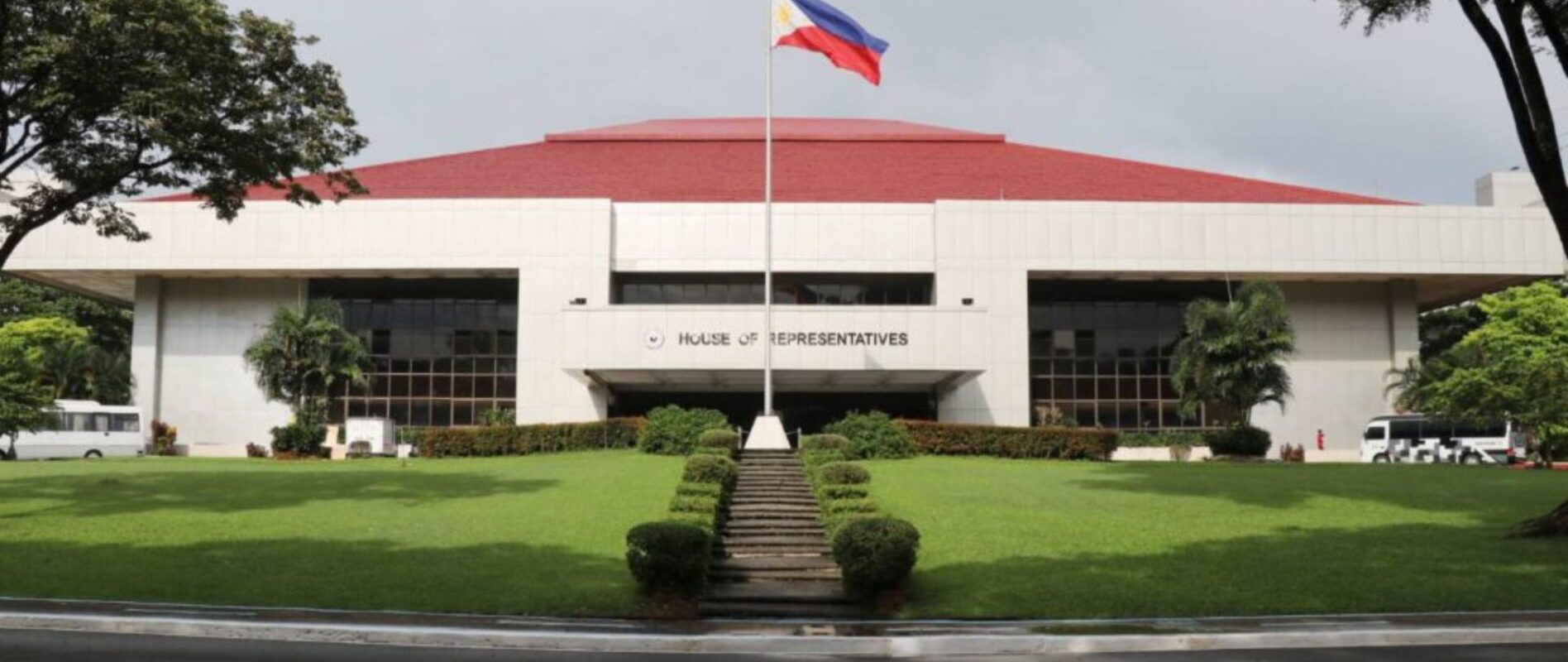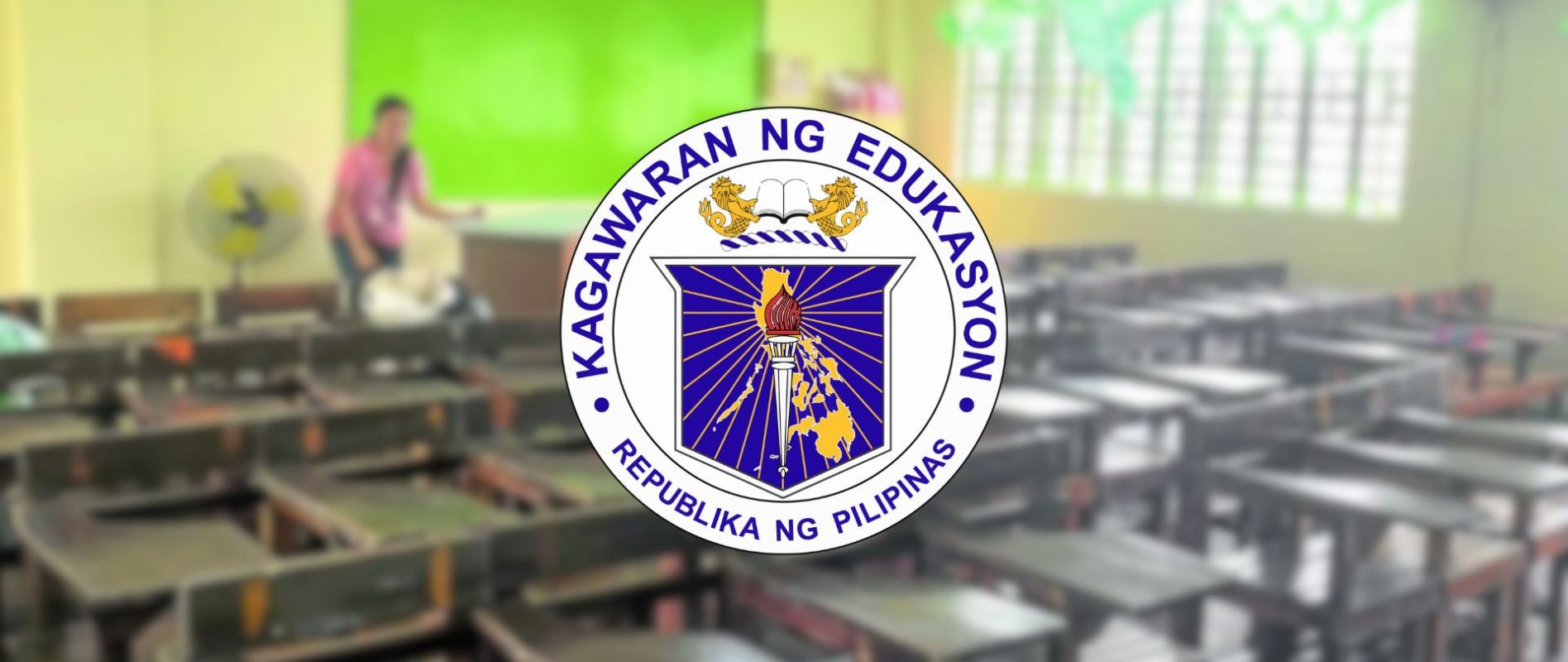A MATTER OF CONNECTION
A state university professor weighs in on what it is like to be part of the inevitable shift to virtual learning in the time of pandemic.
The COVID-19 pandemic is dramatically changing the landscape of education in the Philippines. The shift from traditional “face-to-face” classroom set-up to one mediated by LED screens and Internet connectivity has become one of the few but necessary options taken by academic institutions in order to push through with the incoming school year while protecting their teachers, students, and staff from being infected.
This flipped classroom would not have been a problem if we were a first world country. It would have been easy for students to access an online classroom using their gadgets—at the comfort of their own homes, teetering on their mobile devices. It would have been easy for teachers to facilitate an online learning environment. But the reality is securing a decent internet connection in Metro Manila, let alone in remote provinces is already like squeezing water from stone.
For young educators like who teach in state universities, the concept of an online classroom is definitely feasible if not exciting. But feasible does not always mean equitable. An equitable classroom is one run with just and fair inclusion. It allows all to participate and prosper. The goal of a teacher must always be to create an environment that will allow all his students to reach their full potential without prejudice or bias against those without gadgets or internet connection.
This is the part where the national government should step up and provide an equal playing field among all learners so that no student will be left behind just because he or she has no laptop or tablet or mobile data. This is the part where the administration should work with the private sector in order to improve local internet service and make sure that every home with a student in the Philippines has access to online classrooms and learning resources. This is the part where the PH government should uplift the morale of its teachers by making sure they get the right compensation and support amidst the pandemic instead of being preoccupied with old petty politics.
In a recent faculty meeting held online via Zoom, a number of colleagues expressed concern about how some students are unable to attend online classes due to either erratic internet connection or lack of budget to purchase mobile data. Many of our students come from families with lower class income–many of them are children of jeepney drivers, factory workers, vendors, and others whose livelihood have also been greatly affected by the government-imposed community quarantine.
So, what do we do as teachers? We try to be as inclusive as we can by providing equal learning opportunities to students with gadgets and connections and to those without even if it means preparing two to three different teaching and learning materials per lesson. It is a necessary sacrifice that teachers make in this line of profession, aside from the tons of documentary requirements and other clerical tasks we are expected to perform. After all, it is all part of the job.
“Teaching is a noble profession,” so the cliché goes. It was supposed to glorify the hard work and sacrifices made by teachers who have dedicated their lives, personal resources, and sometimes even dignity, in order to respond to the demands of 21st century education. But at the rate things are going, this cliché has also come to mean we are on our own, and we are not supposed to voice out our complaints.
I don’t want to be a cliché. Yes, I am proud to be a teacher, but I am also burnt out from the lack of commensurate support and considerate action from the government especially at a point where survival and learning become a matter of connection.



